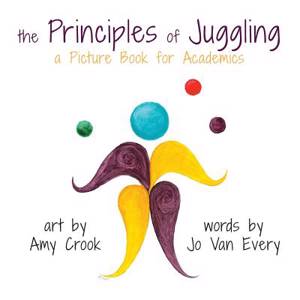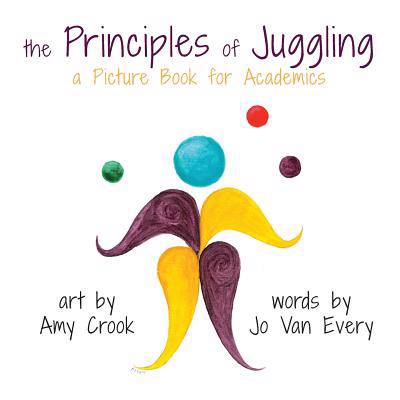
- Retrait gratuit dans votre magasin Club
- 7.000.000 titres dans notre catalogue
- Payer en toute sécurité
- Toujours un magasin près de chez vous
- Retrait gratuit dans votre magasin Club
- 7.000.0000 titres dans notre catalogue
- Payer en toute sécurité
- Toujours un magasin près de chez vous
Description
Stress and overwork are rife in academia. Academic work is complex and varied. The usual tripartite division of Research, Teaching, and Administration (or Service) doesn't even capture that complexity. Each of those involves multiple projects and tasks, has different (and often competing timelines), and requires different types of intellectual and emotional engagement. Balancing your work responsibilities teaching and research is hard. Work life balance seems an impossible dream.
In fact, the phrase "work life balance" brings to mind a see-saw with work on one end and life on the other. Academic life doesn't really look like that. The nature of your work makes it hard to put in a box separate from your life. And even if you could, sometimes the struggle is within the work box: balancing teaching and research, or getting the legs on that three-legged stool to balance. Maybe the balance metaphor is part of the problem.
Something a counsellor said when I struggled with this has stuck with me -- I was juggling a lot of balls and it wasn't surprising that sometimes I dropped one. I shouldn't feel bad about that. In recent years, I have discovered that the closer you look at this juggling metaphor the more helpful it is. Think about circus jugglers. Jugglers juggle more than 2 things. They juggle different kinds of things. No matter what they are juggling, they remain calm. There is order to the objects in the air. Juggling more closely resembles the complexity of your academic work life than balance, in reality and as a vision for what could be.
Working with an illustrator made it possible to communicate key principles of juggling concisely. Our colourful jugglers introduce key elements of effective plans, and strategies for establishing new habits, in a fun and memorable way. The Principles of Juggling will help you reduce the stress of the juggling itself, and devote more time and energy to the things that matter at work and beyond. You'll still have a lot to do, at work and at home, but you'll be dropping fewer balls.
Both early career and experienced academics will benefit from the ideas presented here. After all, with experience (and tenure) comes more and different balls to juggle.
Spécifications
Parties prenantes
- Auteur(s) :
- Editeur:
Contenu
- Nombre de pages :
- 32
- Langue:
- Anglais
Caractéristiques
- EAN:
- 9781912040711
- Date de parution :
- 01-12-17
- Format:
- Livre broché
- Format numérique:
- Trade paperback (VS)
- Dimensions :
- 203 mm x 203 mm
- Poids :
- 86 g

Les avis
Nous publions uniquement les avis qui respectent les conditions requises. Consultez nos conditions pour les avis.






